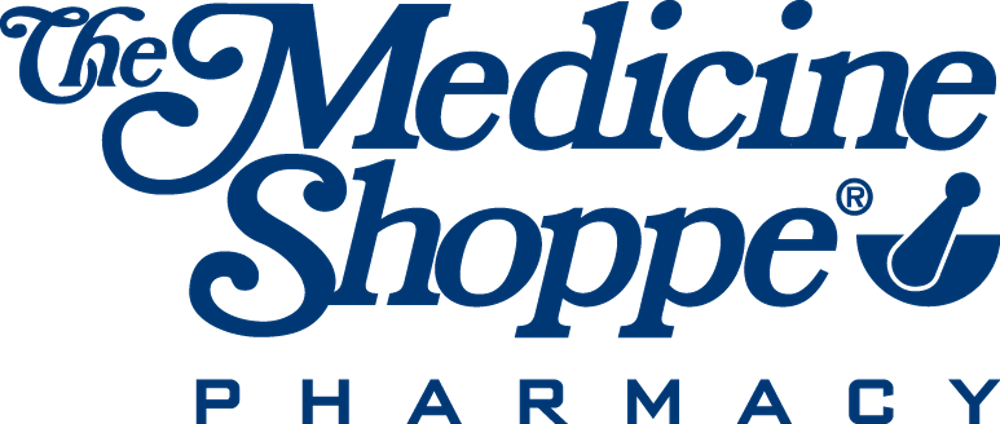Who are the COVID-19 Vaccine providers in our area?
CLICK HERE for List of COVID-19 Vaccine Providers
COVID-19 Vaccine Frequently Asked Questions
Why should I get a COVID-19 vaccine?
Stopping a pandemic requires using all the tools available. Vaccines work with your immune system so your body will be ready to fight the virus if you are exposed. Other steps, like wearing masks and social distancing, help reduce your chance of being exposed to the virus or spreading it to others. Together, COVID-19 vaccination and following the U.S. Centers for Disease Control and Prevention's (CDC's) recommendations to protect yourself and others will offer the best protection from COVID-19.
Will the vaccine be mandatory?
No, the department does not have any plans to make the vaccine mandatory.
Is natural immunity from the COVID-19 disease better than immunity from the vaccine?
Getting COVID-19 may offer some natural protection, known as immunity. But experts don't know how long this protection lasts, and the risk of severe illness and death from COVID-19 far outweighs any benefits of natural immunity. COVID-19 vaccination will help protect you by creating an antibody response without having to experience sickness.
Both natural immunity and immunity produced by a vaccine are important aspects of COVID-19 that experts are trying to learn more about, and CDC will keep the public informed as new evidence becomes available.
Does PA have plans to join a joint group to review the vaccine safety?
No. Secretary Dr. Rachel Levine and Governor Tom Wolf are confident in the CDC, U.S. Food & Drug Administration (FDA) and CDC Advisory Committee on Immunization Practices (ACIP) review processes and that they will be safe and effective.
Can you get the COVID-19 vaccine outside of your home state?
Yes, you can get the vaccine outside of your home state.
Is PA considering any scenarios where the vaccine would be mandated (e.g. working in congregate settings)?
We have no plans to make the vaccine mandatory.
How many vaccines might be multi-shot or single-shot vaccinations?
The Pfizer-BioNTech COVID-19 vaccine, which has received an Emergency Use Authorization (EUA) from the FDA, is a two-dose vaccine.
The Moderna COVID-19 vaccine has also received an EUA from the FDA and is a two-dose vaccine.
The Johnson & Johnson (Janssen) COVID-19 vaccine was the most recent vaccine to receive an EUA from the FDA and is a single-dose vaccine.
There are three U.S. COVID-19 vaccines in production right now from the following drug manufacturers:
- AstraZeneca;
- Inovio; and
- Novavax.
The additional vaccines in production through Operation Warp Speed (OWS) are also two-dose vaccines.
How many trials were completed and how successful were they? What side effects came out of the trials?
Currently, clinical trials are evaluating investigational COVID-19 vaccines in many thousands of study participants to generate scientific data and other information for the FDA to determine their safety and effectiveness. These clinical trials are being conducted according to the rigorous standards set forth by FDA in their June 2020 guidance document, Development and Licensure of Vaccines to Prevent COVID-19. If FDA determines that a vaccine meets its safety and effectiveness standards, it can make these vaccines available for use in the United States by approval or emergency use authorization.
Can my kids get the COVID-19 vaccine?
The Pfizer-BioNTech COVID-19 vaccine is approved for children age 12 and older. The Moderna COVID-19 and Johnson & Johnson (Janssen) vaccines are not yet approved for children under the age of 18.
When and where can I get COVID vaccine?
Many pharmacies, health centers, doctor's offices, urgent care centers, and mass vaccination clinics are vaccine providers.
If I am fully vaccinated, do I need to quarantine if I’m exposed to someone with COVID-19?
People who are fully vaccinated against COVID-19 do NOT need to quarantine after an exposure to another person with COVID-19 if they meet ALL of the following criteria:
- They are fully vaccinated (i.e., ≥2 weeks following receipt of the second dose in a 2-dose series, or ≥2 weeks following receipt of one dose of a single-dose vaccine); AND,
- They have remained asymptomatic since the current COVID-19 exposure.
This does NOT apply to inpatients or residents in healthcare settings.
Regardless of vaccination status, people who exhibit new or unexplained symptoms of COVID-19 still need to isolate and get tested for COVID-19.
Close contacts who have not received vaccine or who do not meet all of the above criteria must follow existing quarantine guidance.
DOH continues to recommend COVID-19 prevention measures such as masking, physical distancing, avoiding nonessential travel, and hand hygiene for all people regardless of vaccination status.
